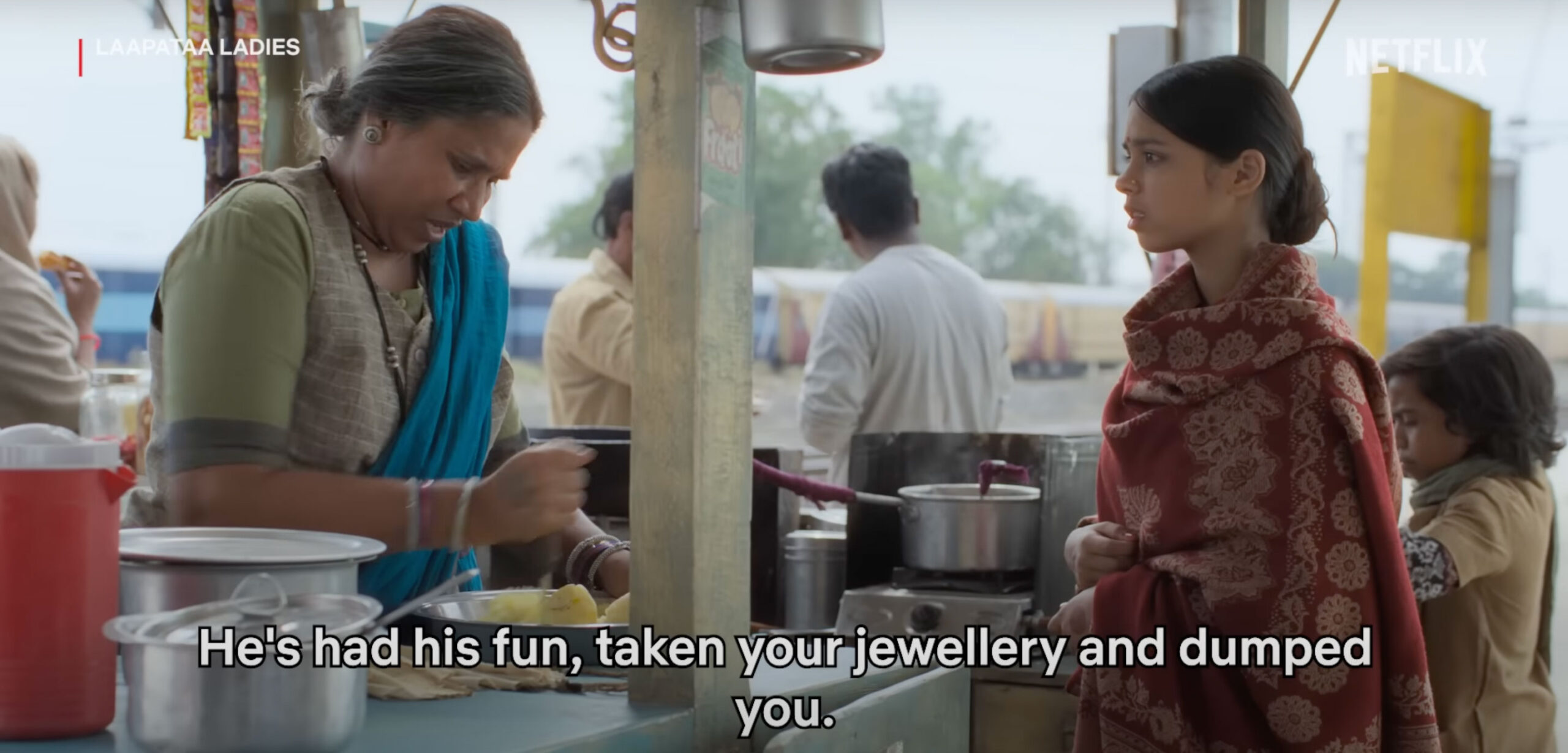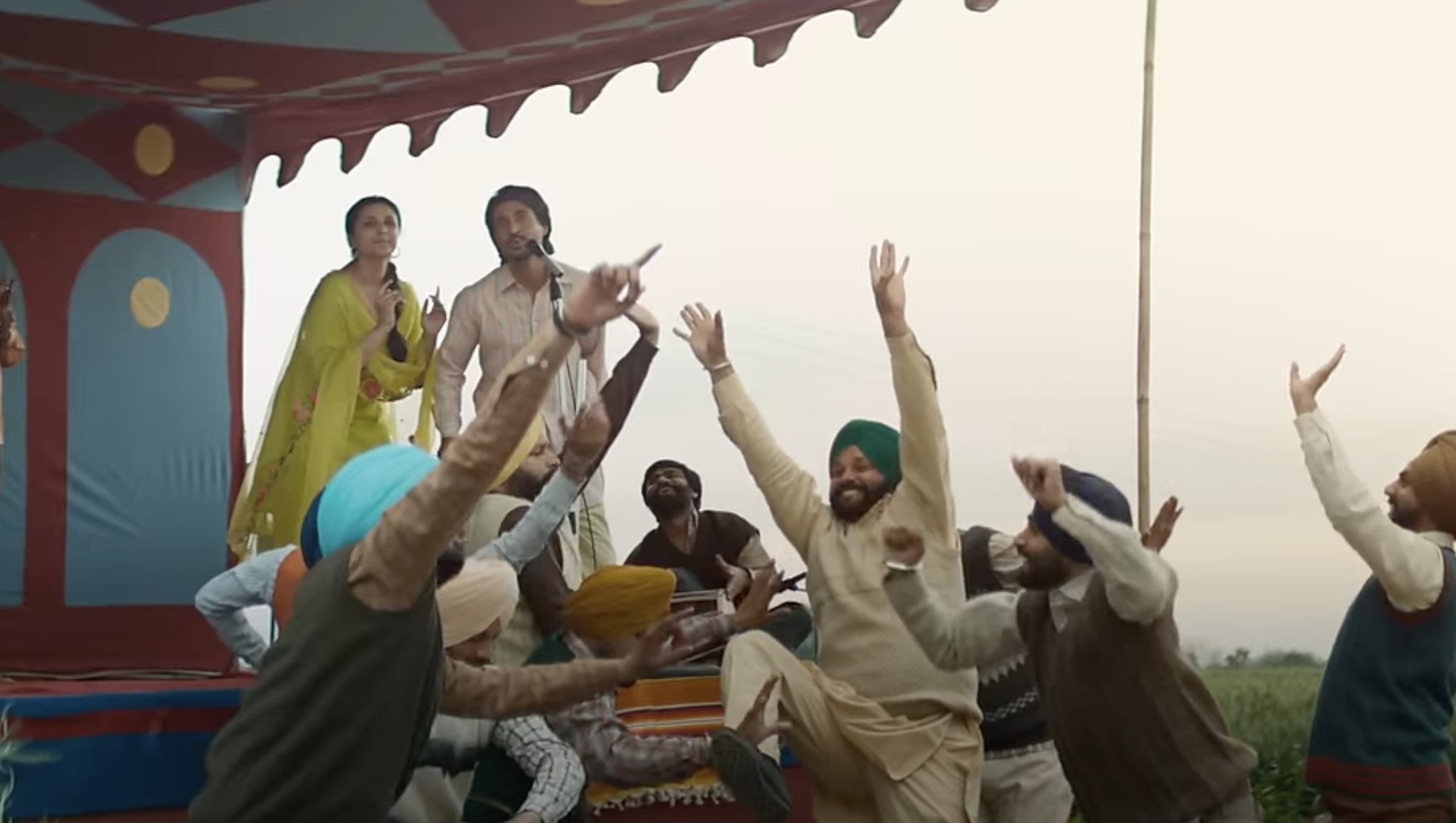My name is Vikram Harijan and I am an assistant professor at Allahabad University. Often, I find myself caught up in carefully crafted controversies. My identity is one of a guardian and teacher who stands in solidarity with poor Dalitbahujan students. I am also known as an activist in the campaign against Mrityu Bhoj (feasts organized after the death of a family member) in the Purvanchal region. Because I participate at speaking events frequently where I come across as an outspoken Ambedkarite, I often become the target of dominant sections of society.
I have had to wage a long personal struggle to embrace the Bahujan ideology. The media says that I serve poisonous knowledge, although what I talk about is spreading the ideology of equality, freedom, fraternity, democracy and human rights. This is what I call Bahujan ideology.
I had a torturous childhood. The caste that I was born into, in the Gorakhpur district of Uttar Pradesh, was not recognized as human by the dominant sections. The Chamar caste is still not free from torture and exploitation. Even today, be it a village or a city, in every household, in every lane and locality, I hear terms such as “chori-chamari” and “chamarkitti” on a daily basis. Actually, I die every day.
Even when two persons who are not of the Chamar caste are fighting with each other, one tends to ask the other, “Do you think I am a Chamar?” Even a few of my colleagues at my university department have addressed me using derogatory terms. So, slurs like “chori-chamari” and “chuda” are quite common. The dominant sections of society do not understand that the use of such language hurts our feelings. Do they ever feel that they should apologize to the Chamar community? Do they ever feel any guilt about this? Recently, after I made comments on the mythological characters Ram and Krishna, the media came after me. The university administration repeatedly sent me show-cause notices on my comments but never took cognizance of such casteist remarks made on the campus.
I was born in the shadow of a caste system and tradition in which I was regarded not as a human, but as an animal. Humans have a tradition of eating daily – breakfast in the morning, lunch in the afternoon, dinner in the evening – and then sleeping. Humans wear decent clothes and shoes. If they have to go anywhere, they bathe. But I never saw such a life, never lived it. I spent my childhood in immense poverty. This was the story of my entire community. We used to eat raw pork with salt. I didn’t know that pork was usually prepared with spices. When we moved to West Bengal, my father brought home some pork and added some spices, and as I sat to eat it, I realized it tasted very different from the pork I had eaten in my village. So, for the first time in my life, at the age of 12, I got to taste spices and understood that spices make such a difference to the taste of food. In my village, I had eaten meat without spices or oil. It used to be cooked in a pot. I used to drink pork juice with some salt in it.
So, I have eaten raw meat, just like an animal does. Often we would not know which animal’s meat it was. Many times, people used to dispose of dead goats near the Chamar quarter. Occasionally they would also dispose of carcasses of cattle, and on seeing hovering eagles and crows, we would run and bring home the dead animal. This is the tradition we were born into. For anyone living such a life, it is near impossible to think that they can study, or go to the cinema or entertain oneself. All this felt beyond me.
My elder brother would kill rats in the fields and bring them home, which we would smoke and eat with salt. Never did we think that we are humans and should not be eating rats. We used to fill our stomachs with “gobarahi” rotis (cow-dung bread). This was a tradition in the entire Chamar locality. Some of the wheat fed to cows of Babusaheb (upper-caste landlord) came out in the dung undigested. These grains were picked from the dung and washed to make rotis, known as “gobarahi” rotis. Hence, I come from a tradition that does not consider us humans.

My father’s life was worse than mine. He would even steal. He ploughed fields for a living. He was a bonded labourer in a sense. Our area is dominated by Thakurs. All the men from our Chamar locality used to plough the Thakur landlords’ fields. In their free time, they would go to the landlords’ houses to graze their cows and buffaloes. In return, they would get some food. My father would get the leftovers. You must bear in mind that leftovers are usually given to dogs and other animals. This was the Zamindari system, in which a human being was not considered human. Frustrated with being paid for his labour with leftovers, my father fled to Bengal. The Naxalite movement was going on there at the time. He joined the movement. My father used to make bombs there. But as has been a problem with every movement in India, its reins are in the hands of the upper castes. The leadership of the Left movement has always also been with the upper castes. Making bombs could not fill anyone’s stomach, so my father left that work and took up a job in a coal mine. That is when he moved me from Gorakhpur to Bengal.
At the time, Bengal had a Communist government. But the residential colonies there were segregated along caste lines. The area where we lived was called Handi Para. It was inhabited by people of the Valmiki caste. They had different traditions. The Santhals stayed in Santhal Para. The area next to my house was called Manjhi Para. Majhis are also a tribe. We were from the Dalit community, but because we had been so isolated, we also hated the tribals. We used to say that their food habits are different. My father forbade me from going to their areas. We, the two communities, were very similar but we were not conscious of this fact.
We were poor in Bengal as well. There was no money. We could not manage on my father’s salary. Coal theft was a common practice in the area, so I also started doing that. We would attend school in the daytime, and steal coal at night. Many such instances of coal theft remain etched in my memory. Since I was afraid of going deep into the mine, I would never do that. But I got to know that thousands of illegal miners would die trapped in the mines. Our area was mostly inhabited by the lower-caste. A few were from Other Backward Classes (OBCs). And everyone used to gamble. There was a culture of gambling during the time of Diwali and Kali Puja. I used to also gamble and occasionally win something. It was a different milieu. Abuse and fights were an everyday affair. The atmosphere was not conducive to studies. The children played with marbles all day. There was a wood factory in the area. When we had free time in the day, we used to go there and unload wood, injuring myself many times in the process. This is how I spent my childhood. I also stole. Apart from coal, if I saw a good pen or a good book with a fellow student, I used to steal that, too. I stole because I lacked understanding, and also because I thought my father would never be able to afford such things. It is amid all this that I continued my education.
I faced casteism in Bengal, just like I had in Gorakhpur. For example, there was a boy named Sanjay Yadav. Whenever he saw me, he would start singing “Chamaria O Chamaria”, to the tune of the popular song “Maria O Maria”. So from my childhood, I have understood that Chamar means a degraded person, and to be a Chamar means to be not human. Many times I used to try and hide my caste. But everyone knew. Bengal also had a tradition of untouchability. Usually those who were from Uttar Pradesh and Bihar practised untouchability. I remember one instance when I had gone to a local hand pump to fetch water. A boy named Sanjay Singh was standing there. Because he was a friend of mine, I went and stood next to him. Just then his father, Rameshwar Singh, showed up and began to scold me. He said, “You are a chamar and still dare to touch the pump and drink from it?” I started crying. Similarly, in many homes, I was asked to sit outside due to my lower-caste status. Once, we all went to a temple for a pooja. This may have been for Shiv Ratri. But I was stopped outside. A dirty child was allowed to go in, however, because he was a Thakur.
(To be continued)
(Based on a conversation with Sushil Manav. Translated from the original Hindi by Supriya Chotani)





